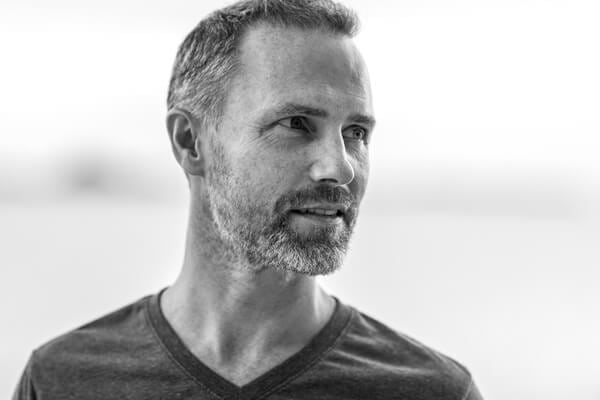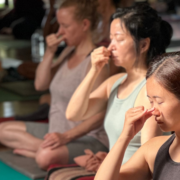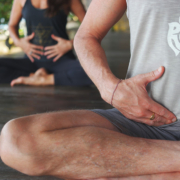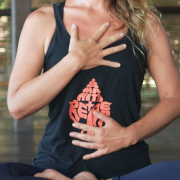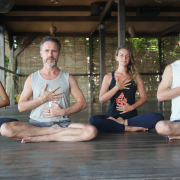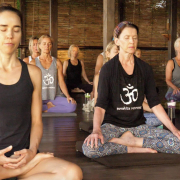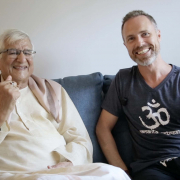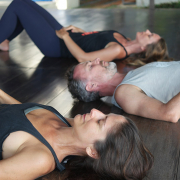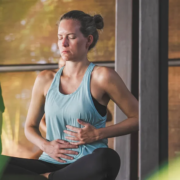 https://samahitaretreat.com/wp-content/uploads/2024/02/basic-breathwork.webp
600
798
Dr. Paul Dallaghan
http://samahitaretreat.com/wp-content/uploads/2024/01/samahita-logo-v2.svg
Dr. Paul Dallaghan2024-02-28 20:34:422024-02-28 20:35:53Navigate the World of Breathing
https://samahitaretreat.com/wp-content/uploads/2024/02/basic-breathwork.webp
600
798
Dr. Paul Dallaghan
http://samahitaretreat.com/wp-content/uploads/2024/01/samahita-logo-v2.svg
Dr. Paul Dallaghan2024-02-28 20:34:422024-02-28 20:35:53Navigate the World of BreathingTaking Care of What Needs to be Done
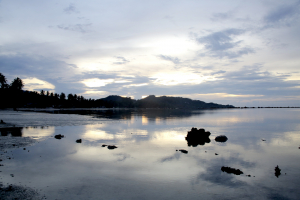
Dear Friends,
I recently attended the First International Symposium on Contemplative Studies, an area I am active in and will inform you of more in the next newsletter. In the opening speech, Jon Kabat-Zin used a phrase “contemplative activism”. Now that makes you stop and think: “what is that?” Maybe that is the “active contemplation” itself! It also highlights a growing need to wake up and an increased interest to do so. Then, as I am leaving the conference, I drive by all the homeless people and am left wondering how to get the message out this far, can this mind stuff and things we practice help the destitute, hungry and unmotivated? Or are those base concerns to be taken care of first before considering levels of practice, which is usually the instruction. Is it that it takes many lifetimes? Yes. But when does it kick in? I once more or less asked Pattabhi Jois this. And his answer I will use here: “I don’t know”. In other words, it’s not easy and sometimes it’s even disconcerting seeing how people treat the world right in front of our eyes or behave like robots eating, drinking and imbibing anything that is dished out by the powers that be. It could leave you having an Arjuna (as in Gita) moment, freaking out, anxious and bewildered, wondering why go on…. Is any of this familiar? Again, I have to look at myself and watch my own behaviour and responses, be thoughtful and caring as a priority. So back to “it’s not easy”. Here lies the solution though, we must get on with what we have to do and do it well, every day. This is our most basic “contemplative activism”. On top of that we may pursue and deepen our practices (which I recommend) and even get into study and research on it all (more to come on that), going a few steps further in this “activism”.
What I would like to say though may seem contrary to the usual advice but please take it on, as I have to myself: if you’re feeling challenged, down or overwhelmed, though the practice is of benefit, and do take time to clear the mind, but even more immediate is to get the things done in your life that need to be done. It is said our suffering (“dukkha”) comes from not taking care of things in our life that need to be done. If you are thinking, ‘I am out of balance and off-center’, then do what has to be done.
You can take that as daily activities and tasks, regular commitment to practice, or the use of time for family. So, put it all in perspective, prioritize and help where possible but take off the personal pressure by knowing, I can’t change the world today but I must be ACTIVE and CARING with my bit. Perhaps that’s it, but really, I don’t know.
Om
Paul
Dr. Paul Dallaghan’s expertise with breathwork, body and meditative practices comes from three sources: (1) three decades of daily dedicated practice and teaching these techniques; (2) uniquely acknowledged in the Yoga tradition by the title of “Master Yogi-Prānācharya (expert in breath)”, following an immersion in the original culture through one-on-one direct training in practice and study of ancient texts; (3) a PhD in doctoral scientific research at a leading US university (Emory) covering both the tradition and science of yoga and breath practices in terms of stress, health and aging. As a result, Paul occupies a unique space to impart genuine teaching and science on the breath, body, and meditative practices, seen as a Teacher-of-teachers and identified to carry on the tradition of Pranayama. His sincere and ongoing role is to teach, write and research, to help put out experienced and authentic information on these areas of how we live, breathe and be, to help people improve their mental and physical health, and live more fulfilling lives.
For more on his background see his bio
More from the Samahita Blog
